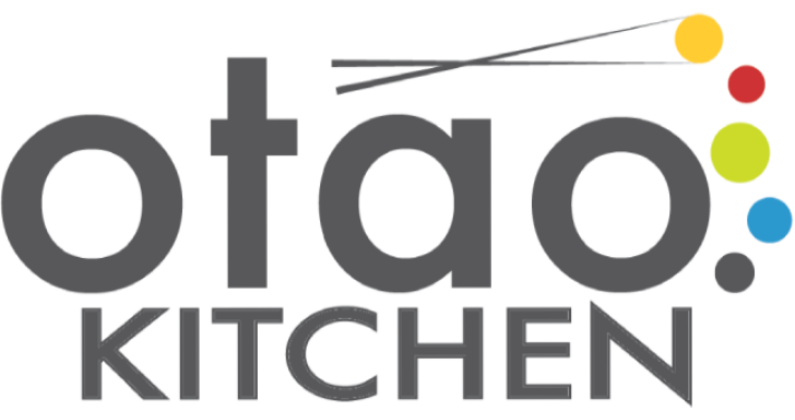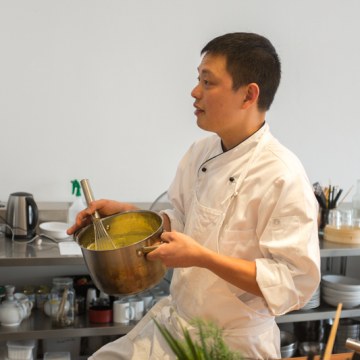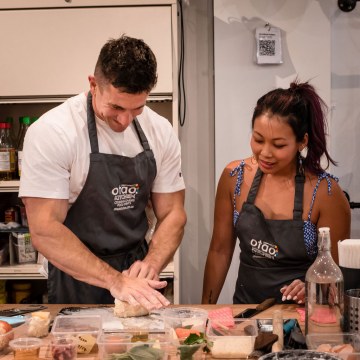Overview of the Food Industry
The food industry plays a crucial role in Australia’s economy, delivering jobs, innovation, and nourishment. It covers agriculture, manufacturing, processing, logistics, and retail. This complex ecosystem requires knowledge in food science, technology, and safety to uphold public health and minimise the risk of foodborne illness.
Key Sectors in the Industry:
-
Food Production & Technology: This sector transforms raw ingredients into safe, tasty, and long-lasting products. Food technologists help improve processing and packaging techniques.
-
Food Safety: Professionals in this space ensure our food is safe to eat, following standards set by organisations such as FSANZ (Food Standards Australia New Zealand).
-
Culinary Arts & Food Styling: Chefs, pastry chefs, and stylists use creativity and technique to elevate the dining experience.
-
Sustainability & Climate Response: Food production must now address climate change, reduce waste, and ensure long-term sustainability.
With roles ranging from chef to food safety officer, the industry is full of opportunities for the next generation of food professionals.
Creative Careers in the Food Industry
The food industry is a natural fit for creative minds. From plating dishes like artwork to developing exciting new recipes, the sector rewards those who think outside the box. Whether your dream is to lead a kitchen, develop plant-based recipes, or craft stunning food imagery, there’s a path for you.
Executive Chefs
Executive chefs are the strategic and creative leaders of the kitchen. They create menus, manage staff, maintain food safety standards, and coordinate with suppliers. These professionals combine culinary flair with business acumen, adapting to customer trends while maintaining consistency and quality.
Recipe Developers
Recipe developers take ideas and transform them into dishes that work in the real world—whether in home kitchens, restaurants, or food manufacturing. They often collaborate with nutritionists and food safety experts to ensure recipes are not only delicious but also meet dietary guidelines and sustainability goals.
Food Stylists
Food stylists work behind the scenes to make food look irresistible in photos and videos. Their work is key in marketing, media, and publishing. Combining culinary training with artistic sensibility, they enhance the visual appeal of dishes for everything from cookbooks to social media.
Technical Careers in Food Science
The intersection of science and food opens doors to impactful, future-focused careers. These roles help solve global challenges like climate change, food insecurity, and waste.
Food Scientists
Food scientists apply chemistry and biology to improve food safety, taste, and nutritional value. They help extend shelf life, reduce waste, and create innovative products using sustainable ingredients. Their work is vital in large-scale food manufacturing and research institutions.
Flavour Chemists
Flavour chemists (also called flavourists) use scientific principles to develop the tastes and aromas we love. They create flavour profiles for snacks, drinks, and health foods, often working closely with food brands to meet growing demand for natural, plant-based alternatives.
Entrepreneurial Opportunities in Food
If you’ve got a passion for food and a business mindset, the Australian food scene is full of opportunity. From mobile kitchens to subscription boxes, there's plenty of room to innovate.
Personal Chefs
With more people seeking personalised, healthy meals, personal chefs are in growing demand. This career offers flexibility and one-on-one interaction with clients, particularly in urban areas or for families with specific dietary needs.
Ghost Kitchens
A ghost kitchen is a delivery-only restaurant with no dine-in space—an ideal model for entrepreneurs looking to test a food concept with lower overheads. Success depends on clever branding, efficient logistics, and strong digital marketing.
Chef Consultants
Experienced chefs may transition into consultancy, helping businesses refine their menus, train staff, and solve kitchen challenges. This role blends culinary knowledge with leadership and business skills.
Careers in Food Safety & Nutrition
Ensuring Australians have access to safe and nutritious food is more critical than ever. Careers in this space improve public health and help fight foodborne illness and lifestyle diseases.
Food Safety Inspectors
Working with local councils or food regulators, inspectors assess food production facilities and hospitality venues for hygiene and compliance. Their work helps prevent contamination and ensure public safety.
Nutritionists and Dietitians
These professionals design meal plans, advise on healthy eating, and work in schools, hospitals, community programs, and private practice. They need a strong understanding of human nutrition and must stay current with national health guidelines.
Roles in Food Manufacturing
Australia’s food manufacturing sector is a powerhouse of the economy, employing thousands and supplying products locally and globally.
Production Supervisors
These professionals coordinate factory operations, ensuring recipes are executed efficiently and safely. They manage teams, monitor equipment, and make sure quality standards are met every step of the way.
Quality Assurance Technicians
QA technicians conduct regular checks to ensure food products meet safety and labelling regulations. They work closely with scientists and regulatory teams to spot and resolve issues before products hit the shelves.
Sustainable Careers in the Food Industry
With the environment in focus, the food sector is undergoing a green revolution. Professionals in this space play a key role in reducing carbon emissions, cutting food waste, and building a more sustainable supply chain.
Sustainability Consultants
These experts help food businesses improve their environmental impact—optimising packaging, reducing waste, and ensuring ethical sourcing. They combine knowledge of food production with environmental science and strategy.
Farm-to-Table Advocates
These professionals promote local produce and seasonal eating. Whether running restaurants or community programs, they strengthen ties between growers and consumers, reducing food miles and enhancing transparency.
The Importance of Lifelong Learning
The food industry is constantly evolving. Staying competitive means staying curious.
Why Continuous Learning Matters:
-
Keeps you updated on food safety standards and tech
-
Helps chefs and stylists stay ahead of trends
-
Equips scientists with tools to tackle climate-driven changes
-
Supports career growth and flexibility
Examples:
-
A chef exploring fermentation or native ingredients
-
A QA specialist learning new allergen regulations
-
A stylist mastering food photography trends
Core Skills for Success
Across all roles in the food industry, these skills are key:
-
Attention to Detail – For hygiene, quality control, and customer satisfaction
-
Creativity – For chefs, stylists, and recipe developers
-
Problem-Solving – Especially under pressure or when things go wrong
-
Technical Knowledge – For food scientists and production professionals
-
Teamwork and Communication – Essential in every kitchen or lab
-
Adaptability – Because no two days in the food world are ever the same
Final Thoughts
Whether you're drawn to hands-on cooking, science, sustainability, or entrepreneurship, the food industry in Australia offers a wealth of meaningful career paths. From feeding communities to leading innovation, your contribution can go far beyond the plate.
At Otao Kitchen, we’re here to support that journey. Explore our classes, connect with chefs, and find your flavour in a career that truly satisfies.















































